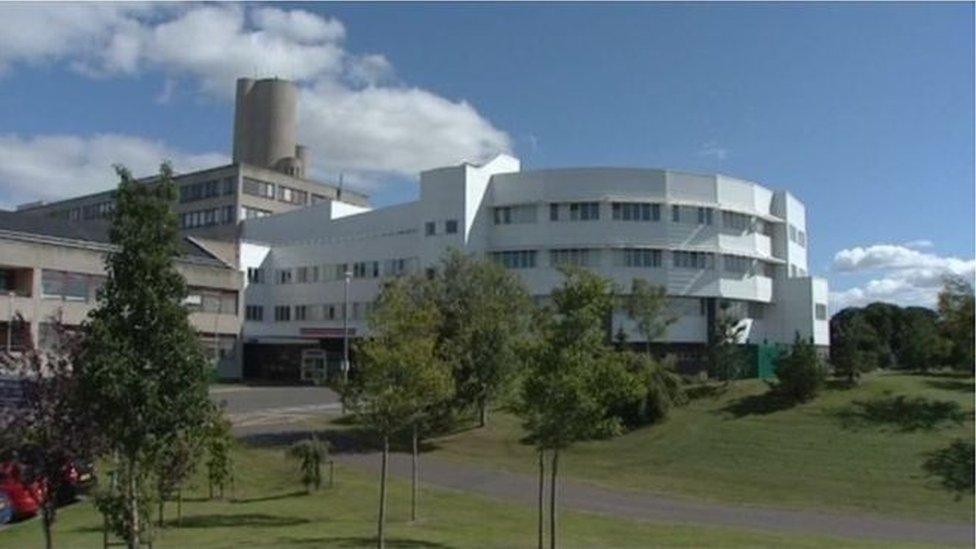New NHS Tayside bosses 'must restore confidence'
- Published
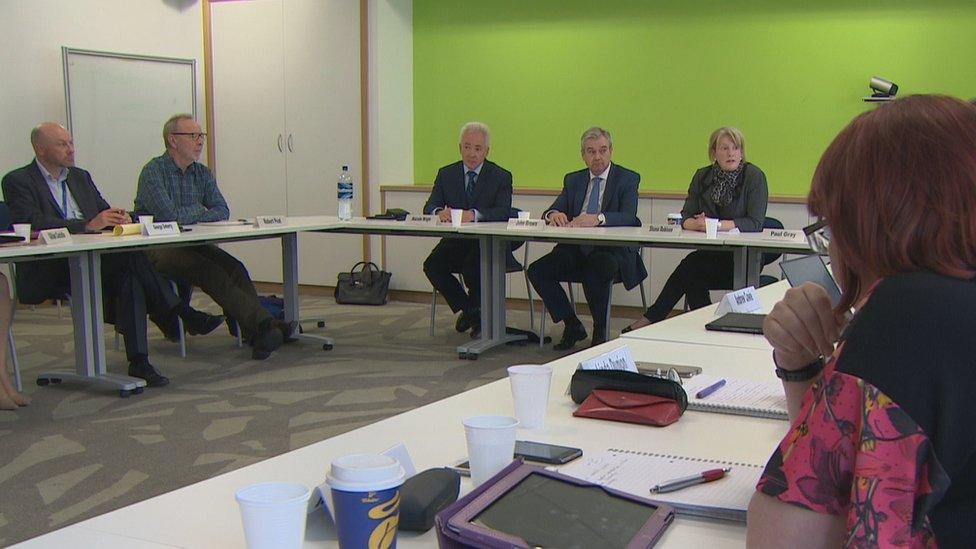
NHS Tayside's board met the health secretary under its new management team for the first time
The new management team at NHS Tayside must "restore public confidence" in the health board, Shona Robison has said.
The Scottish health secretary was in Dundee to meet the board for the first time under its new leadership.
A new interim chairman and chief executive were appointed after Ms Robison intervened to demand changes amid a series of financial problems.
She said she was confident the new bosses would "make a difference" and get the board "back on track".
However opposition politicians said the health secretary "should be considering her own position".
An external review of governance at NHS Tayside is under way after a series of financial issues at the board, which has been propped up by tens of millions of pounds in "brokerage" loans from the Scottish government in recent years.
MSPs on Holyrood's public audit committee are also investigating, and were told by NHS Scotland chief Paul Gray that the board's finances are "likely to deteriorate further".
The management changes came after a row over the use of funds from a charity endowment fund, which were used to "retrospectively fund projects" after the board was "faced with a funding deficit" in 2014. There were claims that this was "inappropriate" use of the cash, particularly given the board had to temporarily suspend its constitution to do so.
'Extremely challenging'
Scotland's charity watchdog is looking in to the matter, and it led Ms Robison to call on chairman Prof John Connell to quit citing concerns over financial management and public confidence in the service.
Prof Connell and chief executive Lesley McLay subsequently left their posts, with NHS Greater Glasgow and Clyde chairman John Brown stepping in as interim chairman, and NHS Grampian CEO Malcolm Wright taking on that role for Tayside too.
Mr Wright told BBC Scotland that there was "a real willingness to move forward" after "extremely challenging" days at the health board.
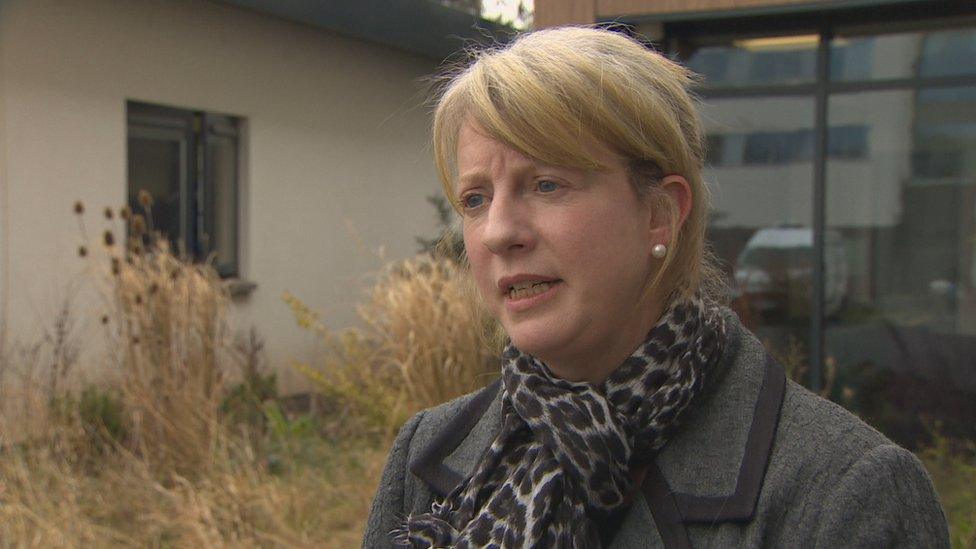
Shona Robison said the financial issues had "detracted" from "fantastic" patient services
Ms Robison - a Dundee MSP - said it was "the latest revelations around the use of endowment funds" which had prompted her to act.
She said the NHS in Tayside "delivers a fantastic service to patients", but said the financial woes had "detracted" from this and meant "new leadership was required at the top of the organisation".
She added: "I expect them to work on a recovery plan to get NHS Tayside back on track and make sure there is no impact on patient services and importantly to restore public confidence.
"I believe the interim chair and chief executive have the right skills and the right experience, they will bring the skillset that is required to the job in NHS Tayside.
"I have confidence they will be able to make a difference in making sure NHS Tayside gets back on track and that public confidence is restored and there is no impact on patient services, which out of everything is the most important thing here."
Scottish Labour said Ms Robison should join the Tayside chiefs on the way out the door, saying the issues were "a direct result of a decade of SNP mismanagement of our NHS and a failure of leadership from the health secretary".
The party's health spokesman Anas Sarwar said Ms Robison was "out of her depth, out of ideas and out of time", and "should be considering her own position".
'Radical surgery'
Meanwhile Ms Robison's predecessor Alex Neil has called for NHS Tayside to be merged into neighbouring health boards as a response to the ongoing issues,
Mr Neil told the Courier newspaper, external that the Tayside trouble "underlines the fact we have got far too many boards", saying there should be "three very strong regional boards" instead of the current setup of 15.
The SNP MSP said it was "time for radical surgery on the bureaucracy", pointing to "far too many layers of management, not enough emphasis on medical decision-making and too much emphasis in some cases on targets".
He added that ongoing reforms were "far too slow and not at the pace or scale required".
Ms Robison said three regional structures actually were "emerging" in the north, east and west of the country, with boards cooperating to share services and expertise.
However she said that "focusing boards purely on structural change" would be the wrong approach, saying that "in Tayside what they need to focus on is getting the finances back on track and restoring public confidence".
The Scottish Lib Dems said that Mr Neil's comments showed that "some in the SNP have not learned their lesson from previous disastrous experiments in centralisation".
- Published6 April 2018
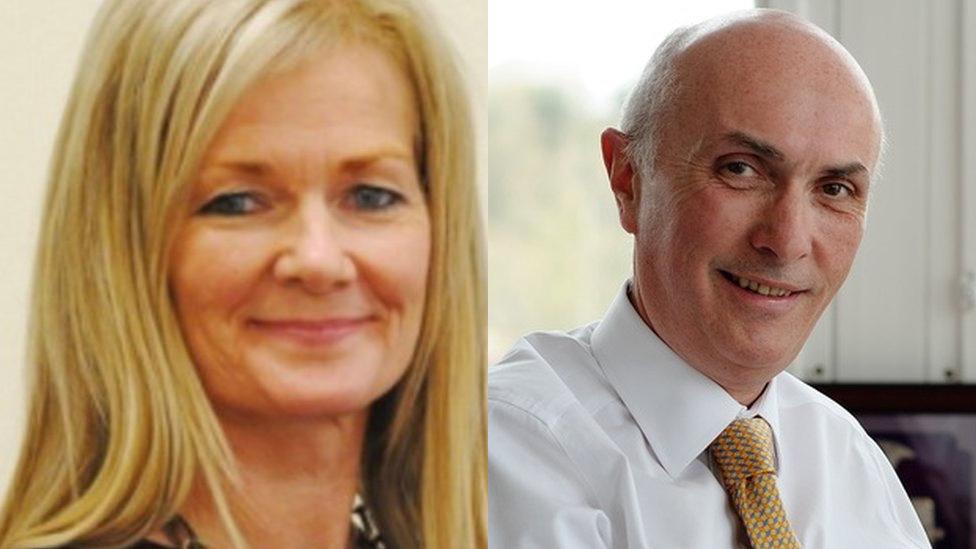
- Published6 April 2018
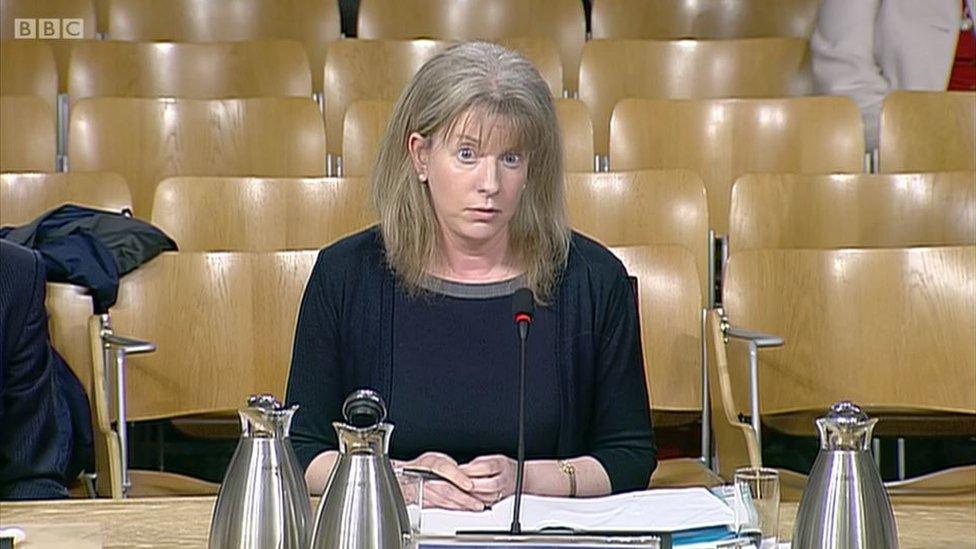
- Published4 April 2018
